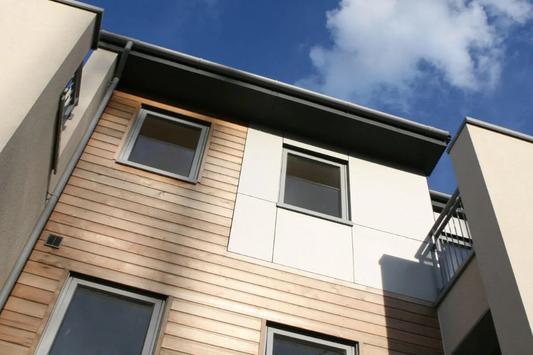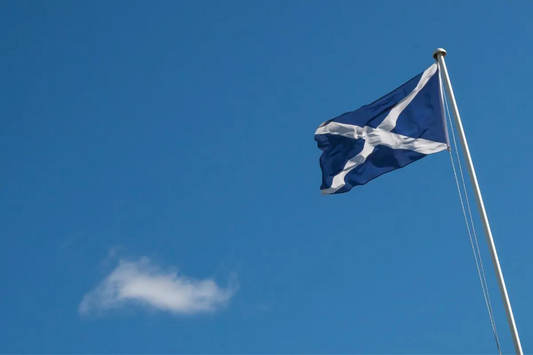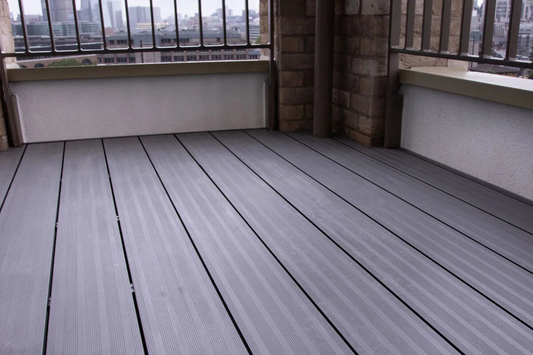PAS 9980 Compliance
The introduction of PAS 9980 aims to provide a more pragmatic framework for the assessment and remediation of buildings with potentially combustible external wall systems.
Some of the key points of PAS 9980 include:
Risk assessment: Building owners and managers should undertake a risk assessment to identify the potential risks associated with the external wall system of their building. This should include an assessment of the materials used in the external wall system and the fire performance of those materials.
Fire safety strategy: Building owners and managers should develop a fire safety strategy for their building, which takes into account the risks identified in the risk assessment. The fire safety strategy should include measures to prevent the spread of fire and to ensure the safety of occupants.
Remediation plan: If remedial works are required, building owners and managers should develop a plan for remediation, which takes into account the risks identified in the risk assessment and the fire safety strategy. The plan should include a timetable for completion of the works and a plan for monitoring the effectiveness of the remediation.
Competency: Building owners and managers should ensure that those responsible for carrying out the risk assessment and remedial works are competent to do so. This may require engaging specialist contractors or consultants with relevant experience and qualifications.
Engagement with stakeholders: Building owners and managers should engage with stakeholders, including residents, tenants, and other interested parties, to keep them informed of the progress of remediation works and to address any concerns they may have.
Ongoing monitoring: Building owners and managers
The Grenfell Tower tragedy in June 2017, which claimed the lives of 72 people, brought the issue of building safety and cladding to the forefront of public attention in the UK. The incident led to a comprehensive review of building safety standards, resulting in new legislation and regulations aimed at ensuring that buildings are safe from the risks of fire.
One of the key areas of concern identified in the aftermath of Grenfell was the use of combustible cladding materials on high-rise buildings. In response to these concerns, the UK government announced a range of measures designed to improve building safety, including the introduction of new legislation aimed at reducing the use of combustible materials in building facades.
In December 2018, the government banned the use of combustible materials in the external walls of new buildings over 18 meters in height, with the exception of certain elements of the wall, such as window frames and door sets. This was further amended in 2019 to cover buildings of height over 11m. In the legislation balconies were specifically included as part of cladding.
Many building owners and managers have been required to undertake remedial works to replace existing cladding with non-combustible alternatives. However, this has proved to be a complex and challenging process, particularly in the retrofit market, where many existing buildings are not compliant with the new regulations.
One issue that has emerged is the need for external wall assessments to determine the safety of buildings. This has led to the introduction of the External Wall Fire Review process, which requires building owners to commission an independent assessment of the external wall system of their building, and to provide evidence of compliance with building regulations. The introduction of the External Wall Fire Review process has led to the development of the EWS1 form, which is used to record the findings of the assessment.
The EWS1 form became a key document in the process of buying, selling, or renting a property, as it provides evidence of the building's safety status. Without the form showing a building to be safe it was almost impossible to get a mortgage.
It was felt that the document was too restrictive, often leading to spiralling costs for issues that weren’t high risk and could, for example, be better and more cost effectively mitigated against through the installation of sprinkler systems.
To address these issues, the UK government introduced a new code of practice, PAS 9980. This aims to provide a more pragmatic framework for the assessment and remediation of buildings with potentially combustible external wall systems. The code of practice is designed to provide clear guidance on the steps that building owners and managers should take to ensure that their buildings are safe and compliant with building regulations, and for the first time balances this against cost.
In need of non-combustible cladding, balcony or terrace solutions that are suitable for new builds or a retro-fit project? Our commercial solutions include PAS 9980-compliant decking, paving and cladding. For more information give our commercial team a call on 020 3959 1220


